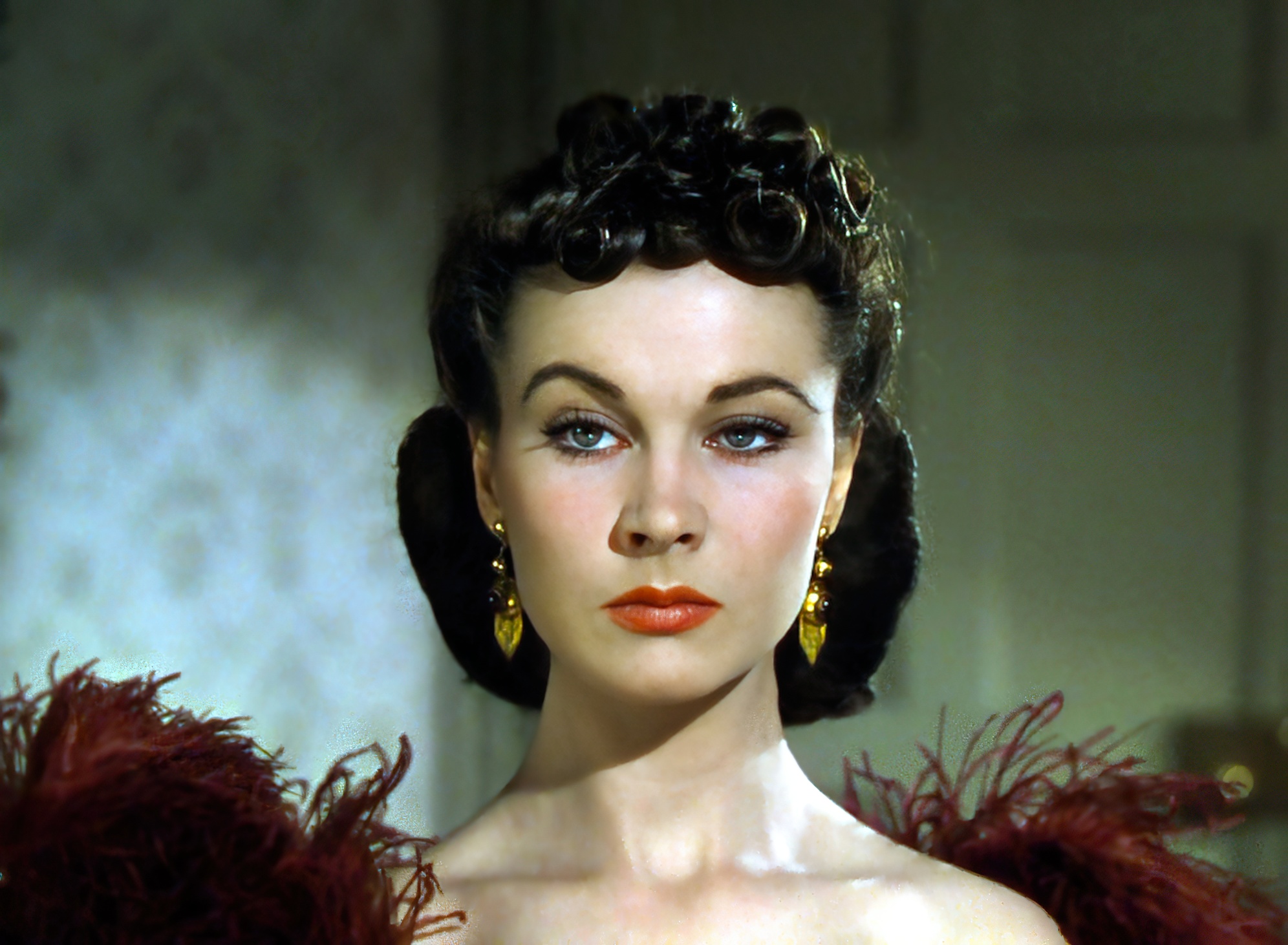The manipulative daughter of a Georgia plantation owner conducts a turbulent romance with a roguish profiteer during the American Civil War and Reconstruction periods.
Weird to me that that’s a synopsis for this film. I feel like the film is about more than that. However, with it’s blatant glorification of the south during slavery, Gone with the Wind is a mighty hard pill to swallow.

There is so much that I want to talk about with this film. I want to talk about how Scarlett O’Hara is a great example of, not just a well-written female character, but a great example of a complex character, gender aside. She’s a 1930s woman placed in 1860s Georgia at a very crucial moment in the history of her country. She perseveres through countless hardships and uses what she’s got to get exactly what she wants. I wouldn’t call her manipulative. I’d call her determined, strong headed and selfish, which is mistaken for bad misbehaviour, due to the times.
I want to talk about how the character of Ashley, played by Leslie Howard, chose to marry his literal cousin, Melanie Hamilton, played by Olivia de Havilland, instead of Scarlett, who he was not related to in any way.

I want to talk about how quickly they glossed over the marital rape that occurs between Rhett and Scarlett.
I want to talk about how, although Gone with the Wind is seen as important historically, this is a film that lacks the ability to grow with the times. At its core, Gone with the Wind is a film about the importance of land and owning land. Everything leads back to the plantation, Tara. Scarlett O’Hara’s one true love is Tara. The land that Tara sits on is the one thing that survives everything. That’s why it’s so important to Scarlett. It is the only thing that is for certain. Scarlett clings to it.
What I must talk about, however, and the only thing that matters in regard to the film: the lightness with which the film depicts slavery and the perpetuation of black stereotypes and southern myths. Gone with the Wind perpetuates this utopian Southern culture while never addressing the elephant in the room: none of the black people present are there by choice. Furthermore, the way they portray said people, reinforces the idea that they would be incapable of being part of society.
And that is something that Gone with the Wind will never escape. It is something so ingrained in the film that there is no separating it. It doesn’t matter if you have an emotional connection to the film. It doesn’t matter if it’s important to film history for a variety of reasons. That doesn’t change anything. The film still portrays the terrible stereotype of the “happy darky”, and certain people continue, even in this day and age, to hide behind this wrong portrayal and use it to justify their skewed view of American history and to inform and influence their thoughts and opinions.
I know why the film is on the American Film Institute list of 100 Greatest Films. I’m just not certain those “reasons” justify it, honestly.


frankly my d3ar I don’t give a dn. I love Gone with the wind.
Like the starvation & cruelty of orphans in Charles Dickens’ Oliver Twist to women treated as the property of husbands(and under control of men regardless) Ira Levin’s Rosemary’s Baby. Sign of the times that we shouldn’t forget in order to prevent it from happening again.(agreed the portrayal of slaves is cringing in more ways than one. Also grossly wrong in regards to slaves being content in their positions. Unless they had Stockholm Syndrome)